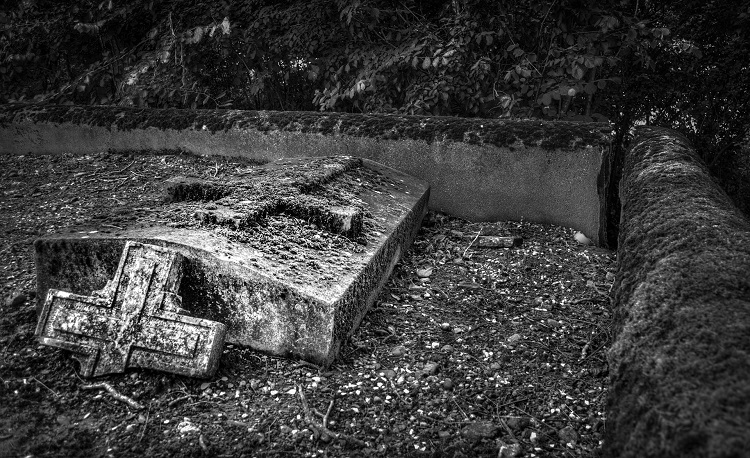I must confess, Crisostomo Ibarra is one of the most guileless protagonists I’ve ever encountered in literature. Even the laughable Capitan Tiago has better survival skills their precarious social climate. Then again, we might excuse Ibarra’s naivete, as it is what makes his evolution later in El Filibusterismo, the sequel to the Noli, more impactful.

Chapter 51: Exchanges
At Capitan Tiago’s house, Linares receives a letter from Doña Victorina in which she threatens to expose the lie behind his outstanding credentials if he fails to challenge the alferez.
Padre Salvi drops by to confirm the news that Ibarra’s excommunication had been lifted. Ibarra himself turns up to visit, but only to ask for a personal meeting with Maria Clara through their mutual friend, Sinang, who is around to keep Maria company.
Chapter 52: The Cards of the Dead and the Shadows
A small group of men meet at the gateway to the cemetery. They talk briefly about tomorrow’s attack on the convent and the barracks, at the onset of which Lucas instructs them not to forget to shout ‘Viva Don Crisostomo’. Lucas disperses the men but stays at the cemetery himself, where Elias who has been following him, shows up. They do not know each other and soon part ways.
Two civil guards pass by talking about the still wanted Elias. They catch Lucas, but lets him go. They then come across Elias himself who tells them he is pursuing Elias who he describes as looking like Lucas. The civil guards take off after Lucas, now believing him to be Elias.
Chapter 53: Il Buon Di Si Conosce Da Mattina[1]
Don Filipo visits a sick Tasio. The old sage is a little disappointed that the young man has resigned as teniente-mayor, a step Don Filipo took because the gobernadorcillo liberated the unruly civil guards he had arrested. Tasio believes he should have stood his ground for the rights of the people, believing others would have supported him.
Tasio thinks the support would’ve come because the country is changing, and the youth have been influenced by new ideas from Europe. If, in times of old, they studied metaphysics, the youth now have a broader horizon, studying science and humanities, and are now more aware of the physical world and of themselves as individuals. Tasio concedes however, that he might be mistaken, as the youth is also only concerned about themselves and their pleasures, and do not think of the good of the country.
Chapter 54: Revelations
An agitated Padre Salvi rushes to the alferez’s house to inform him of the plot to attack the barracks and convent, which he had learned from a woman at the confessional. The alferez prepares to catch the plotters.
Elias, also in a rush, dashes into Ibarra’s house, and informs Ibarra of the same plot, and that it is to be attributed to him. Elias encourages Ibarra to flee and begins to help him sort through his papers to destroy anything that may be incriminating. While doing so, he finds a piece of paper with the name Don Pedro Eibarramendia. When asked, Ibarra reveals that Don Pedro was his great grandfather, and that they had shortened their surname. Elias discloses that Don Pedro was the man who had falsely accused his grandfather of arson, thereby ruining Elias’ family. In blind rage, Elias brandishes a dagger, but lets it drop and runs out of the house.
Chapter 55: The Catastrophe
Ibarra makes his way to Capitan Tiago’s house but barely has time to make an appearance before a volley of shots rings through the night. Ibarra heads back home where the civil guards find and arrest him.
Meanwhile, a crazed Elias runs to the woods seemingly pursued by the ghosts of his dead, persecuted relatives. He walks into the lake and comes to his senses. He heads back to Ibarra’s house and burns all his papers and the house with them.
Notes and References:
1. Derbyshire notes translates this as, “The fair day is foretold by the morn.” Jose Rizal, Noli Me Tangere, Critical Edition by Isaac Donoso Jimenez, (Quezon City: Vibal Foundation, 2011), 729. Guerrero’s English title reads: A Good Day Can be Foretold by the Morning. Jose Rizal, Noli Me Tangere, Translated by Leon Ma. Guerrero, (Manila: Guerrero Publishing, Inc., 2010), 373.
Recent Comments